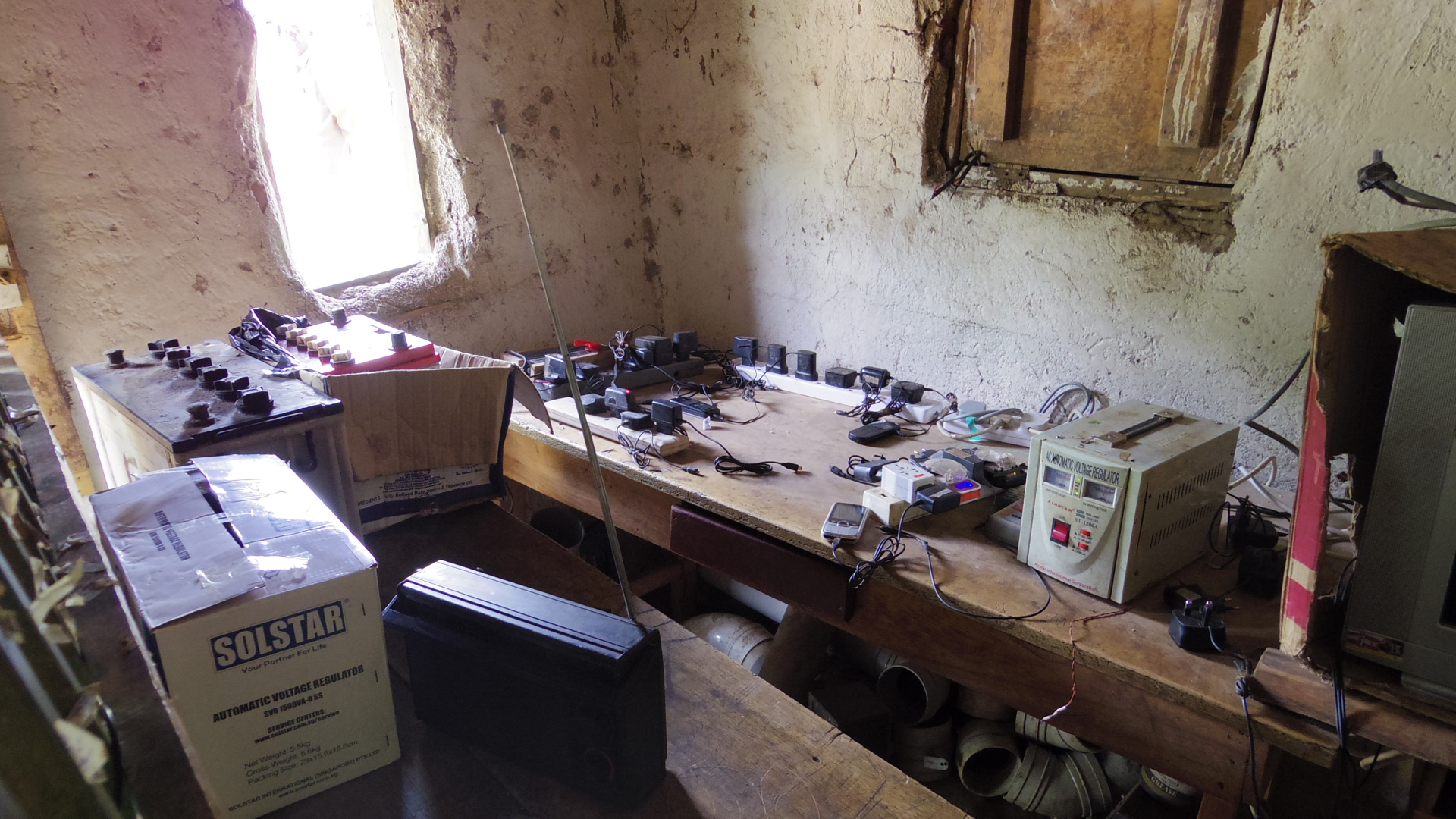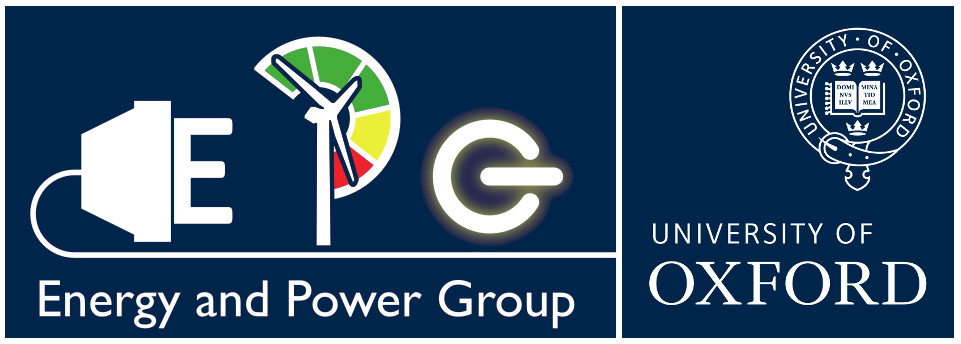Africa is not a playground
Africa is not a playground

By: Stephanie Hirmer
A wise man once told me that ‘Africa is not a playground’—as my fellow classmates and I rocked up in Uganda with a small hydropower turbine packed in our luggage, almost a decade ago. We were ready to change the lives of some rural dwellers, so we thought. It took us four weeks to find a village near the river that matched the requirements of our turbine; four weeks to install the turbine and have a technically sound project, and a further five years to marginally change, and perhaps temporarily improve, the lives of said villagers. Today, after many years of difficulties including theft of equipment, committee corruption, and simple maintenance tasks not being fulfilled, the project is dysfunctional. At the time of project installation, the project was technically sound, we did ‘engage’ the community throughout the installation, provided maintenance manuals and training for simple maintenance and operation training.
So, what went wrong?
I dedicated my career to finding this out, and there is no straightforward answer. Working with non-homogenous communities in low-resource settings is complex—culture and tradition remain a fundamental part in everyday life, for example. And whilst I can’t offer an answer to this very complex question, I reflect upon this time and know that not once did we ask the villagers if this is (the technology or otherwise) what they want, or what it is they want, or how this particular technology could deliver a service that benefits them the most. We decided that they need electricity to power lamps in the trading centre, a mobile phone charging station, and one street lamp over the market square and that this would positively transform the village and lift the villagers out of poverty.
Did it, so you may ask?
Maybe for a while until it didn’t. Sure, any development intervention may make a difference (providing it is utilised by its intended users of course) until villagers have to make a decision regarding, in this case, to use their hard-earned cash to pay for cable replacement or to pay school fees. As Hirji (2015) points out:
"most poor customers are no different from any other in how they make purchasing decisions; their limited means simple makes them extremely good at assessing risk and value”.
So, my point is that no matter how rural or poor, people are very capable of making decisions and know how a project may benefit and work best for them (providing the question is asked correctly).
As technology advances, and we our technological capacities improve, we must take the time to understand how the particular technology can be used to advance a community and address overarching issues (i.e. draughts, problems with thugs) and improve the lives the project meant to benefit.
Isn’t this why we are doing development work at the first place?
